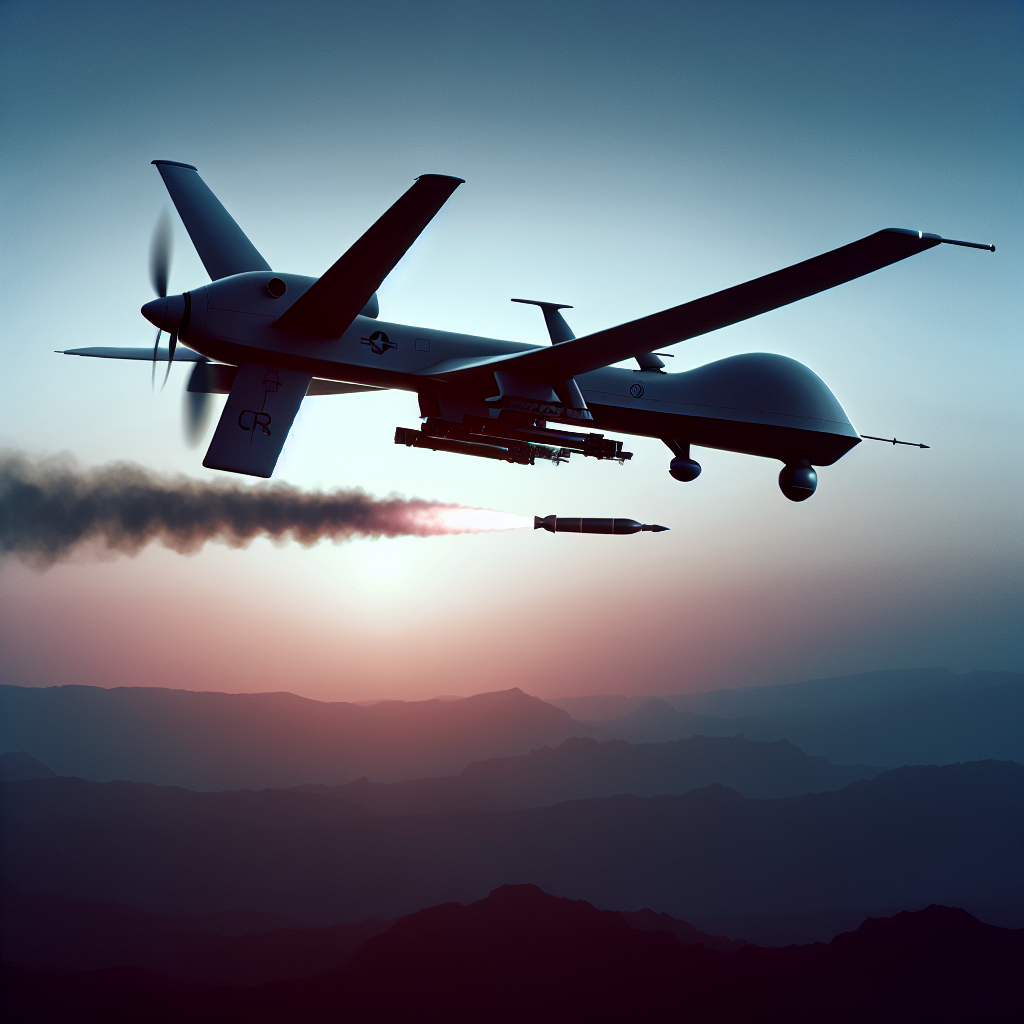UN Inquiry: Russian Drone Attacks on Civilians in Ukraine Amount to Crimes Against Humanity
The Commission reported that Russian forces, stationed on the left bank of the Dnipro, have been deploying short-range drones with real-time observation and tracking capabilities.

The Independent International Commission of Inquiry on Ukraine has released a damning update to the UN Human Rights Council, documenting widespread and systematic Russian drone attacks against civilians along the right bank of the Dnipro River. The Commission says the evidence shows that these actions amount to crimes against humanity, including murder and the forcible transfer of populations.
Widening Pattern of Drone Attacks
In May 2024, the Commission concluded that Russian drone operations in Kherson Province constituted crimes against humanity. The new evidence reveals that similar patterns of attacks now extend into Dnipropetrovsk and Mykolaiv Provinces, affecting an area more than 300 kilometres long.
The Commission reported that Russian forces, stationed on the left bank of the Dnipro, have been deploying short-range drones with real-time observation and tracking capabilities. These drones pursue civilians—sometimes over long distances—before dropping explosives on them.
Targets have included not only civilians but also ambulances and emergency services, with the apparent aim of preventing aid from reaching the injured.
Intent to Kill and Terrorize
The Commission noted that the circumstances of these attacks clearly show intent to kill, injure, and destroy. Civilians interviewed by investigators described a climate of constant fear.
One woman from the heavily targeted settlement of Antonivka said:
“The buses stopped coming, the shops closed, drones were flying all around – before there were a few drones each day, but by then there were three, four, five drones every hour. It was not possible to go out.”
The Commission concluded that this coercive environment has forced thousands to flee, rendering entire localities unliveable and depriving residents of essential services.
War Crimes on Social Media
Disturbingly, Russian-linked Telegram channels have disseminated hundreds of videos showing civilians being killed or injured by drone strikes. The Commission says such content constitutes the war crime of outrages upon dignity, particularly as these videos are often accompanied by threats of further attacks and exhortations for civilians to abandon their homes.
This, combined with the scale of the displacements, may amount to the crime against humanity of forcible transfer of population, which the Commission will further assess in its report to the UN General Assembly in October.
Deportations and Transfers in Zaporizhzhia
In addition to drone strikes, the Commission is investigating a pattern of forced deportations and transfers of civilians from Russian-occupied areas of Zaporizhzhia Province. These actions appear to form part of a coordinated strategy by Russian authorities to consolidate territorial control, while displacing populations that might resist occupation.
Lack of Access to Russian Claims
The Commission noted that it has not been able to fully investigate claims by Russian authorities of Ukrainian drone attacks, citing a lack of access to the relevant territory, concerns for witness safety, and the absence of cooperation from the Russian Federation in answering its questions.
Devastating Human Impact
After more than three and a half years of armed conflict, the Commission underscored the catastrophic toll on civilians. Chair Erik Møse described the impact as “unspeakable suffering,” pointing out that recurrent drone strikes and bombardments have destroyed entire communities.
Victims often endure the loss of loved ones, homes, and livelihoods, leading many to feel they have “lost everything.” Older persons, in particular, face heightened vulnerability as they are often unable to flee frontline areas, leaving them exposed to direct attacks.
Coordinated Campaign of Repression
The findings suggest a deliberate and organized effort by Russian authorities to use drones, forced transfers, and repressive laws to deepen their control over occupied territories. The Commission reiterated that the international community must respond, as avenues for justice within Russia remain closed.










